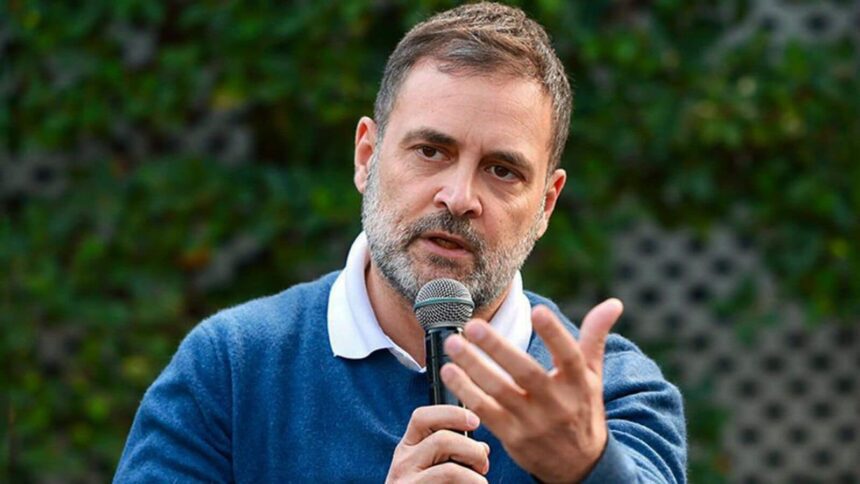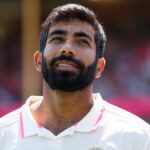Understanding the Political Landscape: Key Updates from January 5, 2025
In the fast-paced and ever-changing world of politics, keeping abreast of the latest developments is crucial. As we delve into today’s significant political events, we highlight key statements from political leaders, ongoing policy discussions, and international relations that shape our society.
Breaking News: Rahul Gandhi’s Remarks on Congress vs. BJP
In recent comments, Congress leader Rahul Gandhi articulated the distinctions he sees between his party and Prime Minister Modi’s Bharatiya Janata Party (BJP). Speaking to the media, Gandhi emphasized that while there might be some divergences in international relations strategies, the overarching approach could remain similar. He acknowledged the complexities of modern diplomacy but pointed out that the fundamental interests of the nation could align across party lines.
This statement reflects the ongoing discourse in Indian politics regarding how parties navigate foreign policy amidst a backdrop of global challenges. Gandhi’s assertion raises questions about the role of opposition parties in shaping and critiquing government actions while also suggesting areas of potential consensus.
The Political Climate in India: Ongoing Challenges and Opportunities
As the nation heads towards the next general elections, political dynamics are only growing more intricate. The electoral landscape is marked by various factors, including economic policies, social justice initiatives, and national security debates. With rising economic concerns, the ruling BJP is facing significant challenges that opposition parties are eager to capitalize on.
Gandhi’s remarks also speak volumes about the Congress party’s strategy to position itself as a credible alternative, emphasizing both its critical stance on current policies and its readiness to work collaboratively on issues of national importance.
Domestic Policy Reforms and Legislative Changes
In addition to international relations, domestic policy remains a core focus. As the government pushes for reforms in healthcare, education, and technology – sectors critical for the nation’s growth – political leaders are also exploring legislative changes aimed at addressing voter concerns.
For instance, recent discussions have centered on enhancing transparency in governance and reducing bureaucratic hurdles. These reforms aim not only to streamline processes but to regain public trust in governmental systems, which have come under scrutiny in past election cycles.
The Bigger Picture: Global Contexts and Local Impacts
The political dialogue in India cannot be viewed in isolation. Global events—the dynamics of international trade, climate change, and geopolitical tensions—are increasingly influencing local policies. Leaders must navigate these complexities while ensuring their domestic agendas resonate with their constituents.
As we observe these developments, the significance of political debates, party positions, and citizen engagement cannot be understated. It is essential for voters to remain informed and involved, as the decisions made today will have lasting effects on the future governance of the nation.
Conclusion: Staying Informed
In summary, January 5, 2025, presents a snapshot of the evolving political narrative in India. As leaders articulate their visions and critiques, it is imperative for citizens to engage with these discussions actively. The interplay of domestic policy and international relations will undoubtedly continue to shape the political landscape, and staying updated is key to understanding these dynamics.
As this live news blog continues to cover the unfolding events, we encourage readers to reflect on how these political changes impact their lives and the nation’s trajectory.
This blog post synthesizes recent developments, particularly Rahul Gandhi’s comments, and situates them within the broader context of ongoing political challenges and reforms within India. If you need a deeper analysis of specific topics or themes, feel free to ask!










